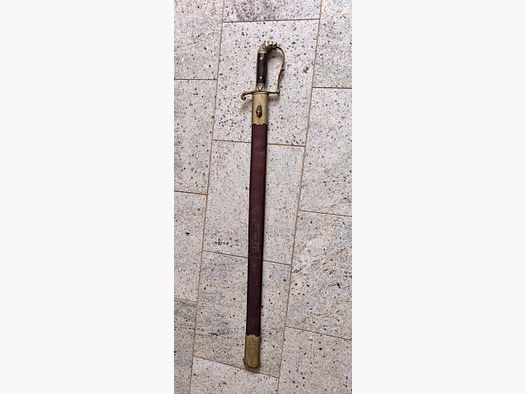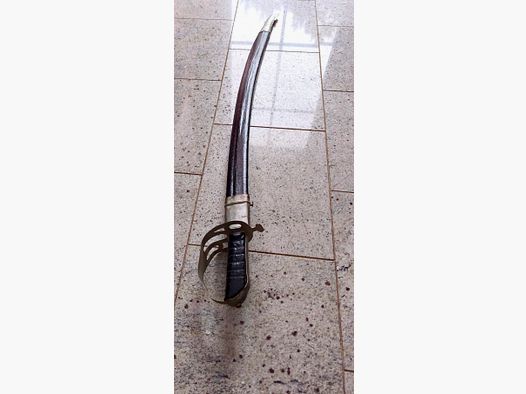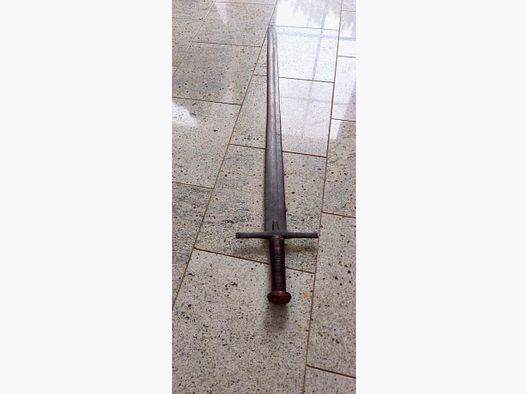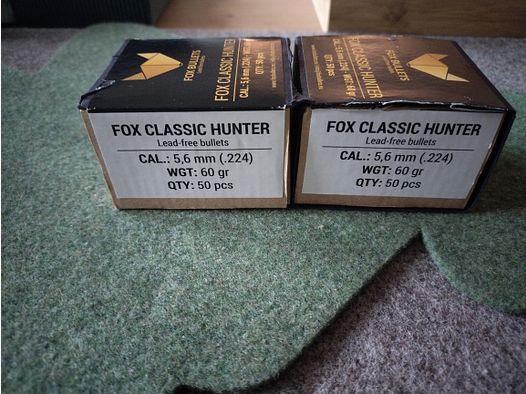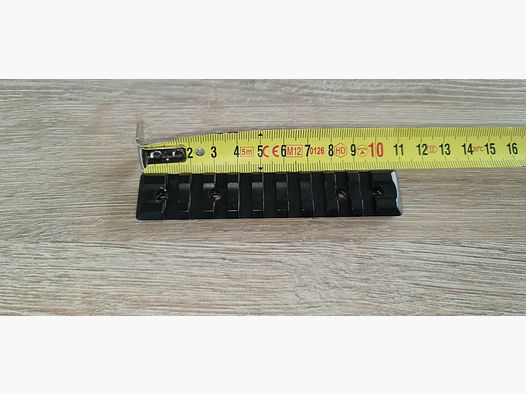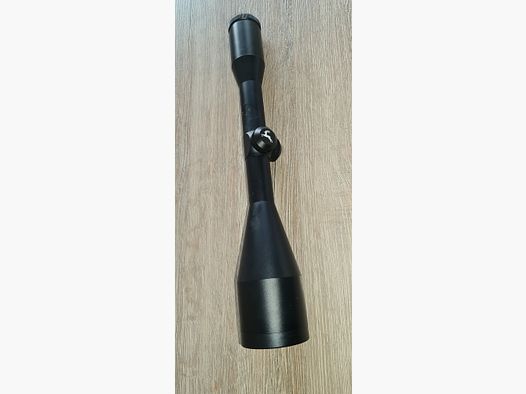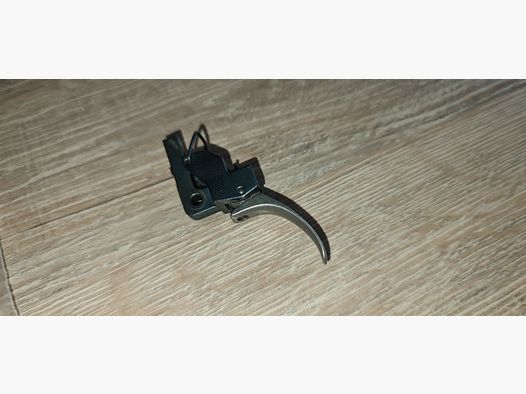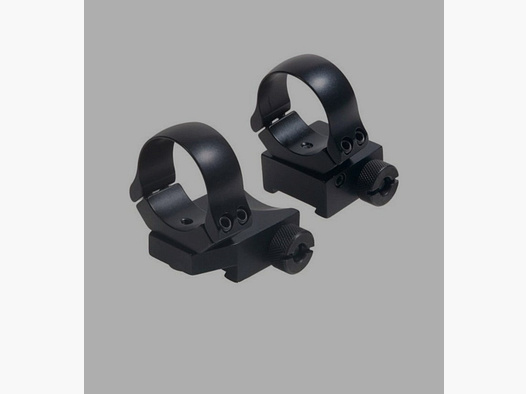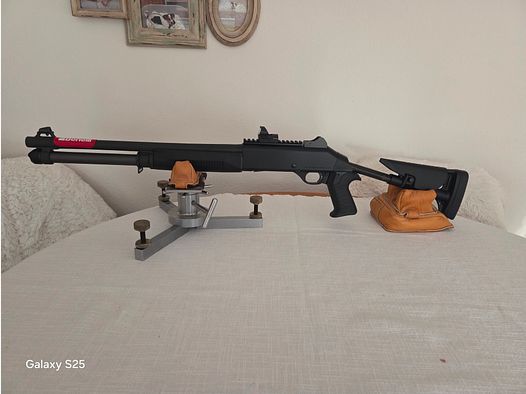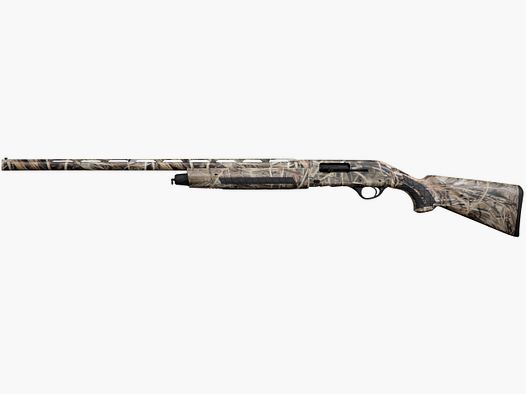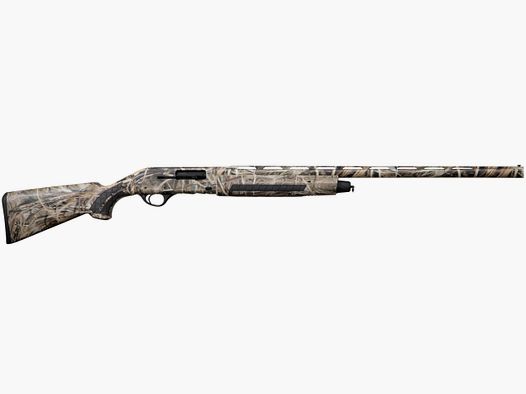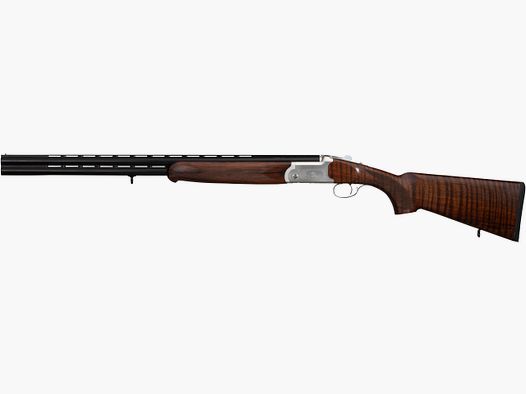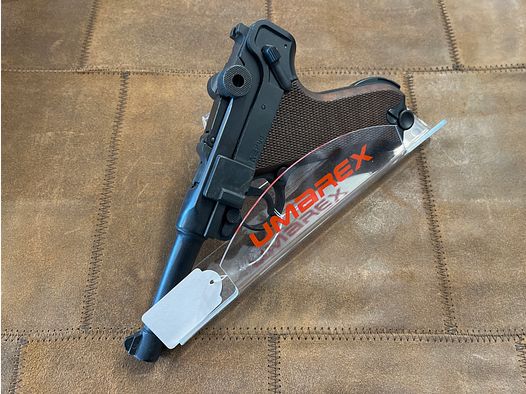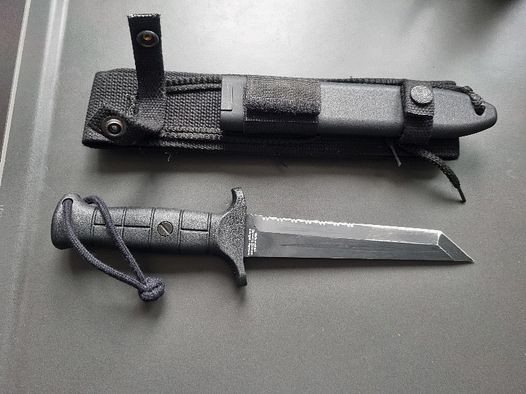The international shipping of hunting weapons is complex and requires precise planning. Here are the key points you should consider:
- Documentation: European Firearms Pass, export permits (e.g. BAFA), commercial invoice, and correct HS codes are essential.
- Packaging: Transport weapons and ammunition separately in sealed, neutral containers.
- Permits: Apply for import and export licenses in a timely manner, especially for non-EU countries.
- Transport: Use licensed carriers with experience in weapon transport.
- Reporting Obligations: Special reporting and declaration obligations apply within the EU.
- Insurance: Ensure adequate protection against loss or damage.
Tip: Errors in documents or missing permits can incur high costs and delays. Plan early and consult experts on legal matters.
Main Shipping Obstacles
The international shipping of hunting weapons presents several challenges that require special attention.
Different Country Regulations
Shipping requirements vary greatly from country to country. Different laws, extensive documentation obligations, and limited time frames for permits represent the biggest hurdles to overcome.
Errors in Documentation
The most common errors in documentation and how to avoid them:
- Incomplete forms: These often lead to delays. A detailed checklist can help capture all required information.
- Incorrect serial numbers: A common mistake that can lead to confiscation. Therefore, serial numbers should always be double-checked.
- Missing permits: Without the necessary permits, costly returns are imminent. It is advisable to clarify all requirements in advance.
A real example: In October 2023, a shipment was returned due to incomplete documents, resulting in additional costs.
After discussing the most common documentation issues, we will now address the actual shipping and securing.
Shipping and Insurance
When transporting and insuring hunting weapons, the following points are crucial:
- Insurance: Appropriate insurance provides the necessary protection during transport.
- Packaging: Sturdy and neutral packaging is a must to protect the contents and keep them discreet.
- Transport Restrictions: Many carriers only accept the shipping of hunting weapons with a valid FFL license.
Important Note: UPS generally refuses international shipping of firearms or firearm parts.
These challenges form the basis for the following sections, which deal with adjustments for shipping within and outside the EU.
EU Shipping Guidelines
European Firearms Pass
The European Firearms Pass (EFP) is the most important document for the legal transport of hunting weapons within the EU and is valid for five years. It contains personal data such as name, date of birth, and address, as well as detailed information about the registered weapons.
"The European Firearms Pass works satisfactorily overall and should be regarded as the most important document that hunters and sport shooters need for the possession of a firearm during a trip to another member state." – Amendment Directive 2008/51/EC, Clause 14
Tip: Have all your weapons registered in the EFP – this way, you will be flexible and well-prepared for future trips.
In addition to the firearms pass, it is important to complete all necessary notifications in a timely manner. More on this in the next section.
Reporting Obligations
Anyone transporting hunting weapons within the EU must observe certain reporting obligations. Here is an overview:
| Timing | Required Actions |
|---|---|
| 48 hours before the flight | Notification to the airline |
| Before the trip | Obtain approval from the authorities in the destination country |
| At border crossing | Declaration of weapons and ammunition at each border |
After clarifying the permits, it is time to select a suitable transport service provider.
Professional Transport
A professional transport service provider is crucial for safely and legally shipping hunting weapons. Pay attention to the following points:
- Certified providers: Choose service providers with special licenses for weapon transport.
- Insurance coverage: Ensure that the transport is insured against loss or damage.
- Compliance with safety standards: The provider should adhere to strict safety protocols throughout the entire transport chain.
Safety Note: Weapons and ammunition should always be transported separately in locked containers. Shipping should only be done through licensed carriers that can demonstrate a compliance program with regular training and comprehensive documentation.
Non-EU Export Rules
While shipping within the EU is relatively straightforward due to the European Firearms Pass, special regulations apply to exports to non-EU countries that must be carefully observed.
Obtain Import Permits
For shipping to countries outside the EU, such as the USA, the support of a licensed importer (FFL) is required. This person handles the import process and applies for an ATF import permit. Processing this application usually takes four to six weeks. It is important to provide all necessary information – such as a detailed description of the weapon, the recipient's details, and the purpose of use – completely and accurately.
BAFA Export Procedure
The Federal Office for Economic Affairs and Export Control (BAFA) is the central authority for controlling arms exports. The entire process is handled through the ELAN-K2 online portal. The following steps are necessary:
-
Registration
A valid EORI number is required to use the portal. -
Application
The application must include detailed information about the weapon, the recipient, and the purpose of use. -
End-use documentation
An end-use declaration must be submitted and kept for at least five years.
After completing the BAFA procedure, customs regulations must also be observed.
Customs Requirements
The customs clearance for hunting weapons being exported to non-EU countries requires special care. In particular, the ammunition limits mentioned earlier must be adhered to.
"Germany has one of the strictest gun laws in Europe. It's not just about customs, but also about ensuring that the weapon definitely leaves the country and ends up in the hands of those authorized to purchase it."
– grand veneur, AH elite
Practical Tip: Before exporting a weapon, you should definitely contact the relevant authorities – such as the city or municipal office for public affairs or the district administration. They can assist you with questions regarding weapon licenses, transport regulations for firearms and ammunition.
Shipping Documents Checklist
To avoid delays and additional costs, you should go through this checklist before each shipment.
Required Documents
Make sure you have prepared the following documents:
Important Documents:
- Commercial Invoice: Contains a detailed description of the goods, including export control notes (e.g. Destination Control Statement). Information about the sender and recipient, product descriptions with serial numbers, price information in euros, and the Incoterm clause must also be included.
- Export Permit: Required from BAFA (Federal Office for Economic Affairs and Export Control).
- Packing List: A precise listing of the included goods.
Once the documents are complete, you can take care of the proper packaging.
Packaging Regulations
What you should consider:
- Use a lockable hard case.
- Always package weapons and ammunition separately.
- Use neutral outer packaging that does not allow conclusions about the contents.
- Add shock-absorbing padding material to protect the contents.
Keep the access key or combination secure and only provide it upon official request.
Shipping Rules Check
Important Checkpoints:
- Are there current trade restrictions or embargoes for the destination country?
- What specific import regulations apply in the destination country?
- Are the transport regulations of the chosen carrier being followed?
- Are additional documents required?
For smooth customs clearance, it is advisable to work with an experienced shipping company that can professionally handle the transport of hunting weapons. This ensures that all regulations are followed and the necessary documents are correctly prepared.
sbb-itb-1cfd233
Avoiding Shipping Problems
HS Code Guide
The correct use of Harmonized System Codes (HS Codes) is crucial for ensuring smooth shipping of hunting weapons. In particular, Chapter 93 of the HS system provides the relevant codes for weapons and ammunition.
Here are the key codes for hunting weapons:
| HS Code | Description |
|---|---|
| 9303 | Hunting and sporting rifles, including muzzleloaders |
| 9305 | Parts and accessories for firearms |
| 9306 | Ammunition and projectiles |
It is important to specify the correct HS code in the customs declaration, as errors often lead to delays. Once you have selected the appropriate code, ensure that the recipient's details are fully and accurately documented.
Recipient Data
Accurate and complete documentation of the recipient information is essential. Ensure that the following details are correctly recorded:
- Name and full address of the recipient
- Firearm ownership card or corresponding import licenses
- Phone number and email address for inquiries
- Commercial license (for commercial recipients)
Another important point: Research the local gun laws at the destination in advance. Only then can you ensure that the import of the weapon is permitted there.
Check Export Rules
In addition to the recipient data, it is equally important to review the current export regulations. The following should be considered:
Before shipping:
- Check the sanctions lists.
- Ensure that all necessary export permits are in place.
- Review the import regulations of the destination country.
Required Documents:
- Commercial invoice that includes a Destination Control Statement.
- Shipping instructions (SLI) for the carrier.
- AES registration if it involves EAR or ITAR-controlled products.
A violation of export regulations – such as failing to obtain a copy of the import permit from the recipient country – can have serious consequences, including the seizure of the shipment.
Document each step carefully and keep all records for at least five years. This thorough documentation can assist you in future inquiries by authorities and protect you from potential legal consequences.
Conclusion
The previous sections have made it clear how demanding international weapon shipping is and what requirements must be strictly observed. Here are the key insights summarized.
Key Points at a Glance
Shipping weapons across borders requires careful planning and compliance with all legal regulations. The central aspects can be summarized as follows:
| Area | Key Aspects |
|---|---|
| Documentation | • Complete and correct recipient data • Correct HS codes • Required export and import permits |
| Packaging | • Neutral and sturdy packaging • Individual packaging of components • Shipping boxes that meet UPS requirements |
| Legal Requirements | • Notifications to authorities • Checking sanctions lists • Compliance with customs regulations |
These points form the basis for the next steps that can ensure smooth shipping.
Next Steps
To further optimize the shipping process, you should take the following measures:
Before shipping:
- Contact a specialized shipping service provider with experience in weapon shipping.
- Apply for all necessary permits early.
- Check the import regulations of the destination country, preferably directly with the embassy.
During processing:
- Seek professional support for customs clearance.
- Ensure that all documents are complete at least one week before shipping.
- Document each step of the process to avoid future problems.
The platform Gunfinder not only offers a wide selection of hunting weapons but also valuable information on shipping service providers and export regulations. With these resources, you can make the shipping process efficient and legally compliant. Gunfinder helps you stay organized and tackle potential challenges.
FAQs
What steps do you need to follow to export a hunting weapon to a non-EU country?
Exporting Hunting Weapons to a Non-EU Country: What You Need to Consider
If you want to take a hunting weapon to a non-EU country, there are some important steps you must consider:
- Application for Export Permit: You must apply for an export permit from the relevant authority, such as the Federal Office for Economic Affairs and Export Control (BAFA). Without this permit, the weapon cannot leave the country.
- Firearm Ownership Card (WBK): Your valid firearm ownership card is essential to prove legal ownership of the weapon. Keep it readily available.
- Proof of Purpose: You should be able to clearly state why the weapon is needed – for example, for a hunting trip. A written document can be helpful here.
- Customs Regulations: Thoroughly inform yourself in advance about the applicable customs regulations. Clarify all details with the relevant customs office to avoid unpleasant surprises.
- Reliability Check: Your personal reliability and suitability will be checked according to the provisions of the Weapons Act. This check is a fixed part of the process.
For the temporary export of hunting weapons – for example, for a hunting trip – no special permit is often required. Nevertheless, it is advisable to gather comprehensive information in advance. This way, you can ensure that all formalities are completed and you encounter no problems during departure or entry.
How do I ensure that my hunting weapons are properly insured during international shipping?
To ensure that your hunting weapons are adequately protected during international shipping, you should choose a shipping company that specializes in the transport of firearms. Such companies often offer special insurance tailored to the value and specific requirements of these goods. Discuss all details in advance directly with the provider to ensure that your weapons are comprehensively insured.
Equally important is obtaining all necessary export licenses and permits. These are not only legally required but can also influence the insurance conditions. Thoroughly inform yourself about the regulations of the destination country, as these can vary by region and significantly affect the shipping process.
What regulations apply to the shipping of hunting weapons within the EU and to non-EU countries?
The shipping of hunting weapons within the EU generally requires an official permit. However, hunters and sport shooters have the option to use the European Firearms Pass to take their weapons to other EU countries. They must ensure that all relevant regulations are followed and that the purpose of the transport is clearly demonstrated.
For shipping to non-EU countries, significantly stricter requirements apply. Among other things, an end-use declaration and an import permit from the recipient country are required. These permit processes can take several months, especially for sensitive goods. Additionally, customs authorities must be informed about the shipment – a point that must also be considered when importing from third countries.



